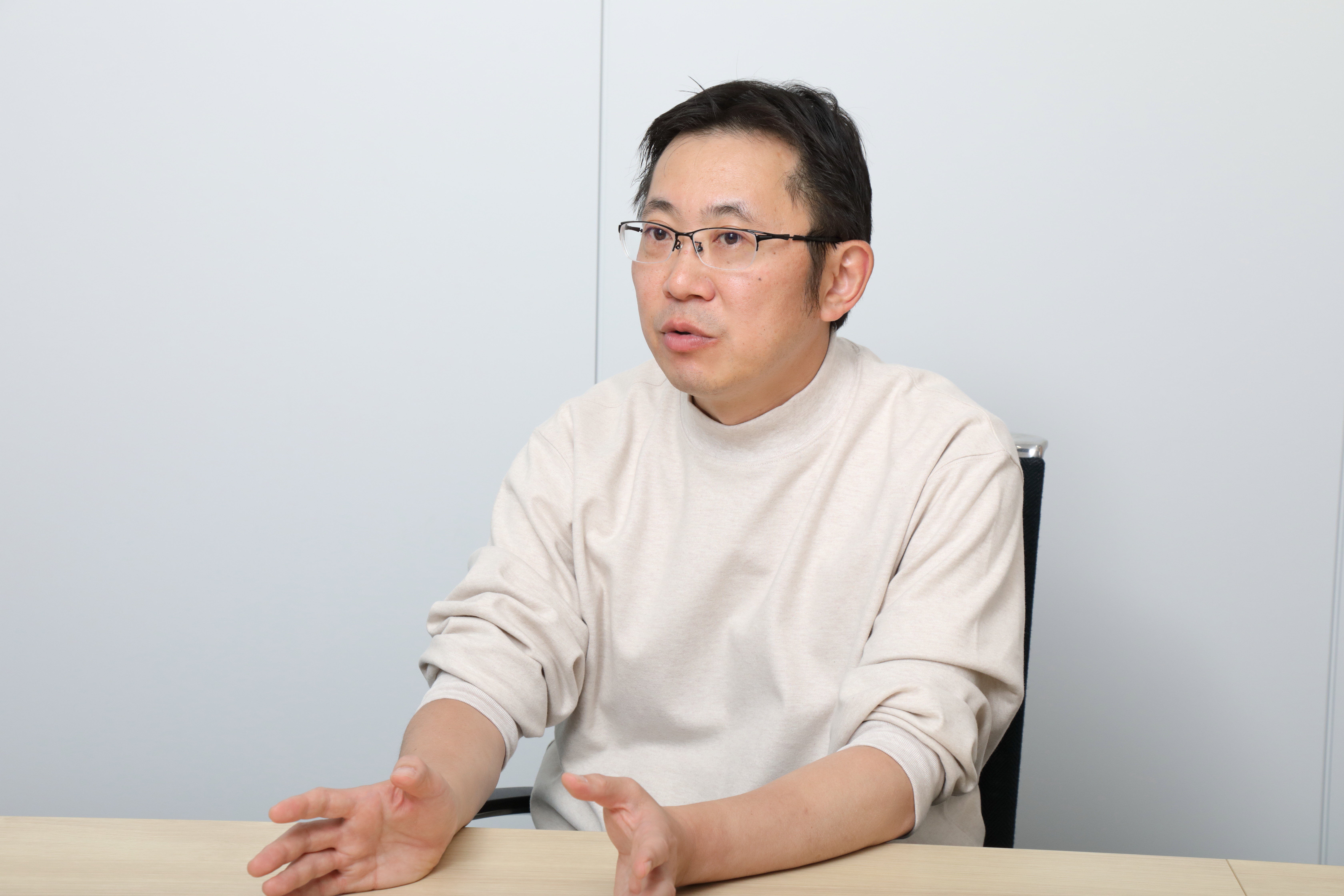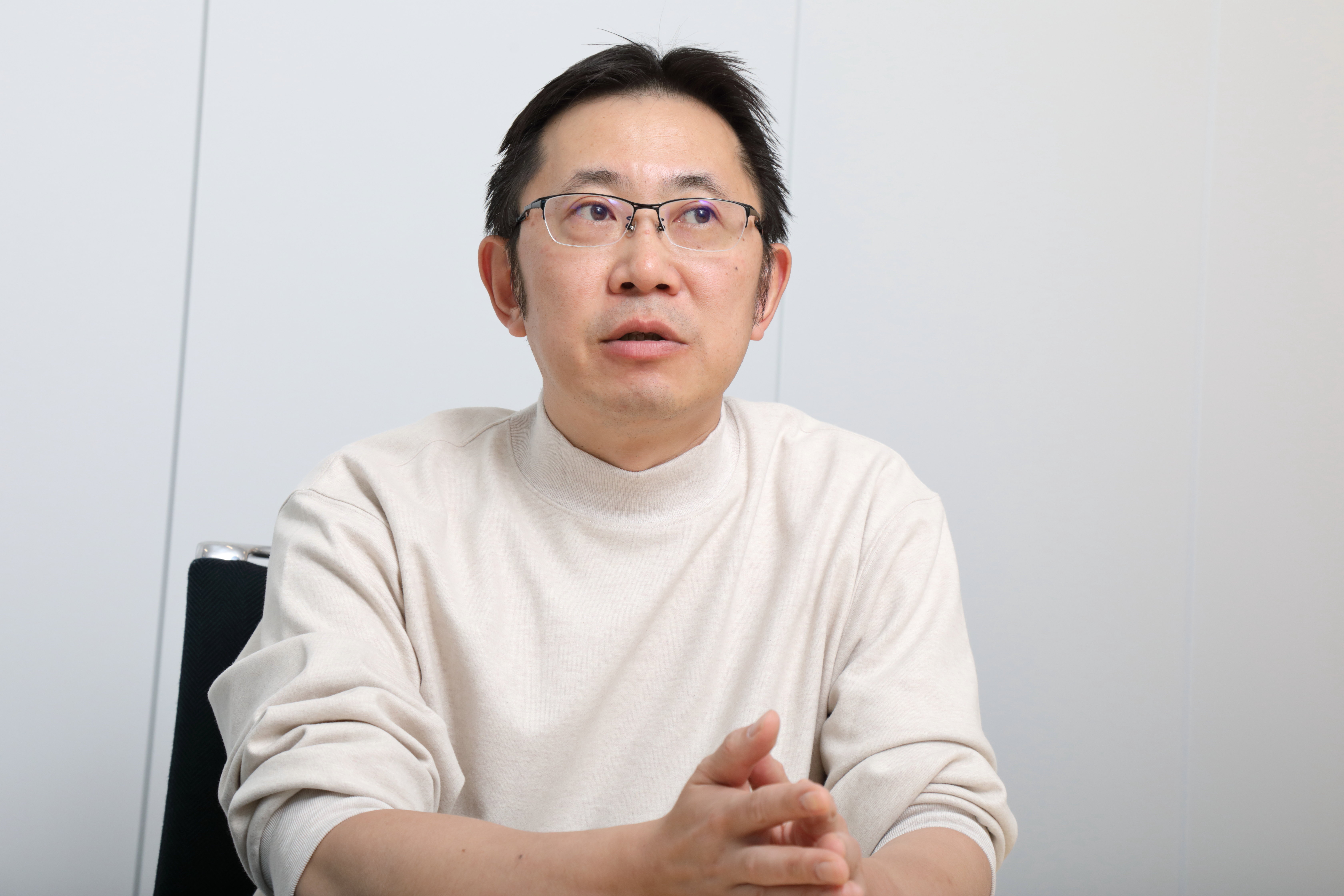- Environment
- Global
The Connection with People is Essential. NAGASE's Vision of Sustainability.

In today's society, sustainability is a key focus in various aspects, including business, with related topics being reported daily. For NAGASE, which has continued its business for 190 years since its establishment in 1832, sustainability is also an important theme. Therefore, in this article, we will introduce the direction, vision, and initiatives that NAGASE is aiming for, as well as its efforts towards its 200th anniversary.
Dedication to Building a System to Adapt to Societal Changes
In the NAGASE Group, sustainability is positioned as a common philosophy across all principles. We have established a Sustainability Basic Policy consisting of three elements: "Integrity in Business Activities", "Positive Relations with Society" and "Consideration for the Environment".
At the apex of our philosophy is the group's management principle, which states, "Conscious of being members of society, we strive to provide products and services that society demands through honest and righteous activities. Through the development of the company, we endeavor to improve the welfare of our employees and contribute to society." It is noteworthy that the word "society" appears three times here. Yasuyuki Aizawa, Head of the Sustainability Promotion Office in the Corporate Planning Headquarters, points out, "All our business activities are primarily aimed at contributing to society. As society undergoes significant changes, we believe it is time to reconsider how we contribute to society."
Since the Industrial Revolution, society has recognized "mass production, mass consumption, and mass disposal" as effective means for economic development, often deferring environmental issues. NAGASE is no exception, having pursued business goals such as providing good products to customers in large quantities at low prices.

However, recently, the environmental impact of such production activities has become more apparent, leading to a reevaluation of traditional production methods. Additionally, if these products are a result from excessive labor or price cutting, they may face exclusion from the market. While it is natural for companies to pursue profit as profit-making entities, becoming a beneficial presence to society has become an increasingly important theme.
"I believe that the reason our company has been able to continue its business for 190 years is primarily due to our prioritization of social contribution. Looking ahead, society will demand not only economic value but also social and environmental value simultaneously," says Aizawa.
The NAGASE Group is dedicated to developing a system to adapt to societal changes in preparation for its upcoming 200th anniversary.
Leveraging our Robust Network, We are Expanding into New Business Ventures.
The NAGASE Group has two facets: a trading company that supplies various products to customers and a manufacturer that develops and produces products.
In its role as a trading company, NAGASE aims to reinforce its longstanding "connections with people" and actively promote business. Aizawa elucidates the strength of NAGASE: "In 1901, during our 70th year since founding, we established a branch office in Lyon, France. At that time, synthetic dyes were just beginning to proliferate, and we played a crucial role in importing dyes from technologically advanced Europe and popularizing them among domestic companies. Then, 70 years later in the 1970s, we ventured into manufacturing chemical products. Reflecting on this history, our business is rooted in 'connections with people,' and I believe our activities revolving around this network are our strength."
Even in industries such as the automotive sector, where plastics and chemical products play a significant role, NAGASE is advancing its business with a focus on networks. While its activities until the 2000s primarily involved acting as a distributor for resin and chemical manufacturers, it has since bolstered activities supporting customers' overseas procurement.
In addressing environmental issues, NAGASE is also promoting initiatives that prioritize partnerships with other companies. For instance, in the Mobility Solutions Division, it collaborated with Kasai Kogyo Co. Ltd., a manufacturer of automotive interior parts, to establish a system for recycling and reusing trimmings after resin molding. Additionally, it brings together several European manufacturers that have developed environmentally friendly materials and collaboratively matches them with domestic manufacturers. Once again, NAGASE is expanding its business based on "connections with people."
It is evident that environmental consideration is crucial for the future development of the automotive industry. NAGASE is committed to pursuing sustainability in various fields, including materials, electric vehicles (EVs), autonomous driving, and solutions contributing to problem-solving.
Aiming to Realize the Desired Image for the Bicentennial
As environmental issues worsen year by year, "carbon neutrality" has recently become a topic of discussion. Aizawa commented on this: "Carbon neutrality is just one milestone, and it is certain that stricter regulations and conditions will be imposed in the future. The field of chemistry, often referred to as a 'regulated industry,' is subject to strict regulations. We, who have accumulated achievements in this demanding world over many years, are confident in our ability to respond to such regulations.

Furthermore, global circumstances are changing, and Aizawa points out that the meaning of the term "globalization" is evolving. "I think that in the future, there will be a global collection of localized matters for each region. Leveraging our strength in networks, we plan to enhance the sustainability of our business through 'connections with people' that transcend regions."
The NAGASE Group will celebrate its bicentennial in 2032, nine years from now. Towards realizing the "desired image" of becoming "business designers creating a warm future," the company will contribute even more to the development of a sustainable society.